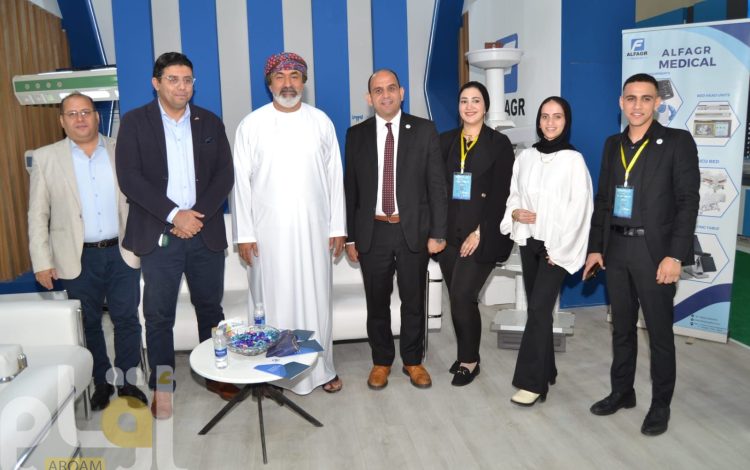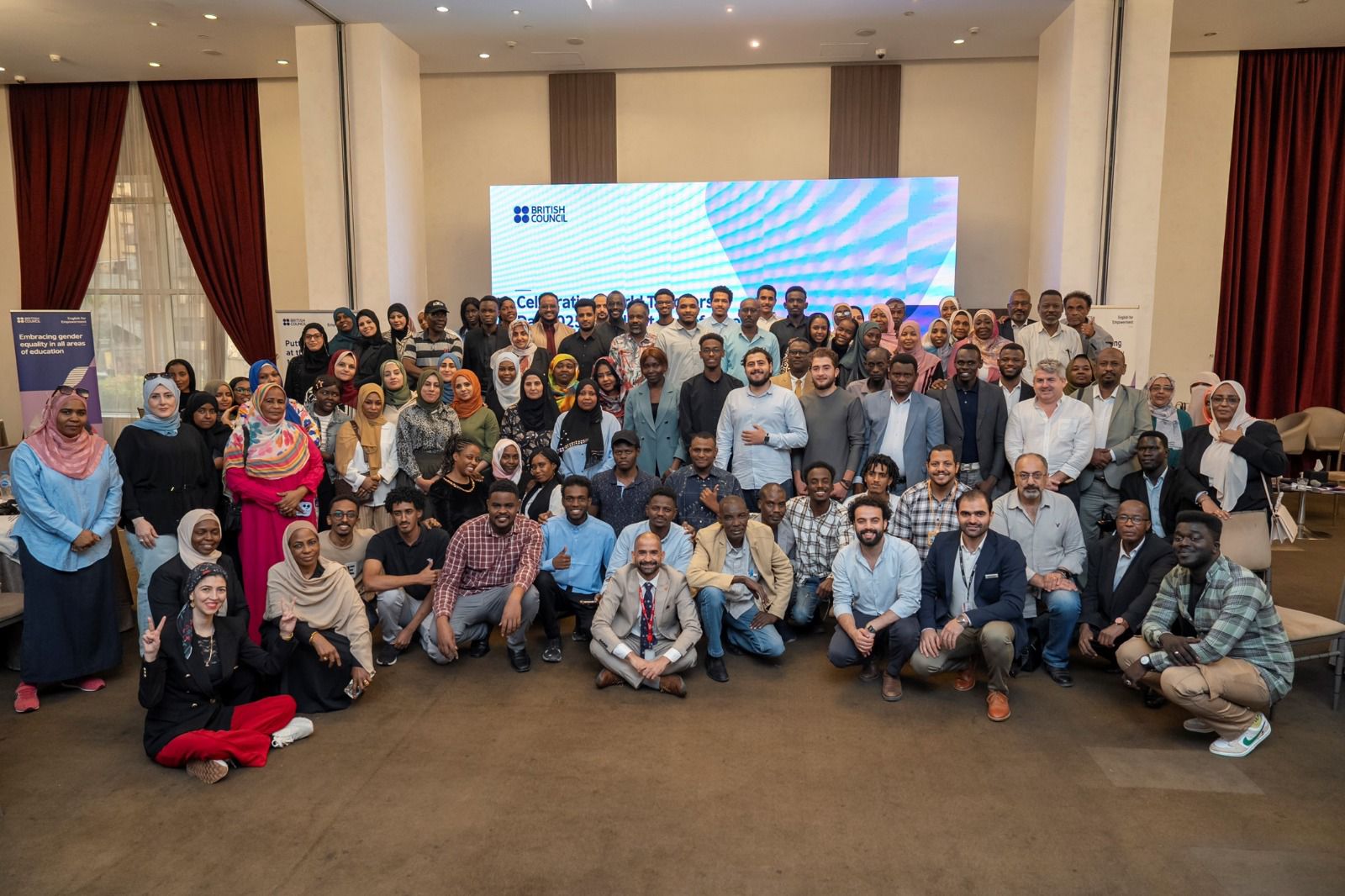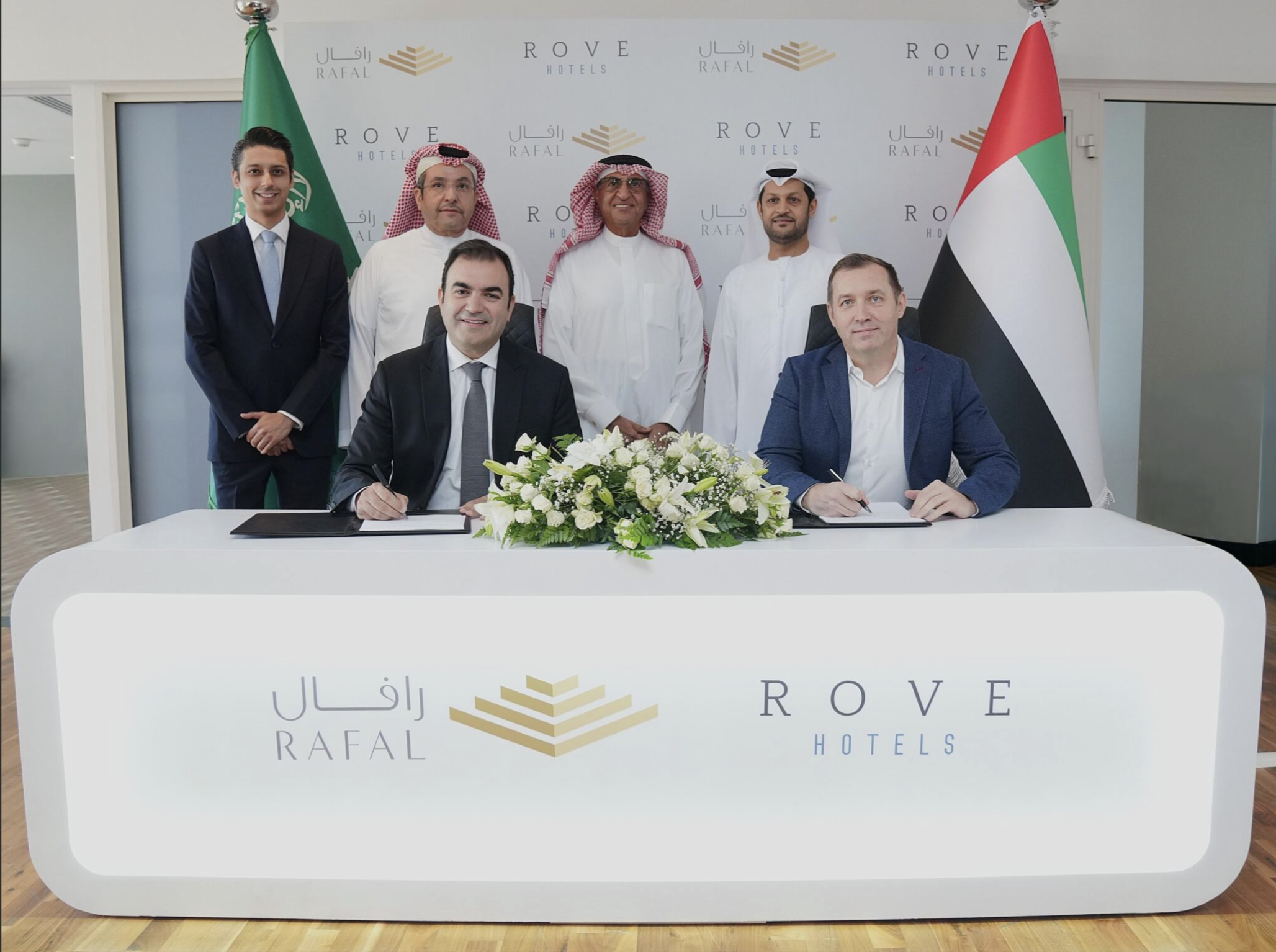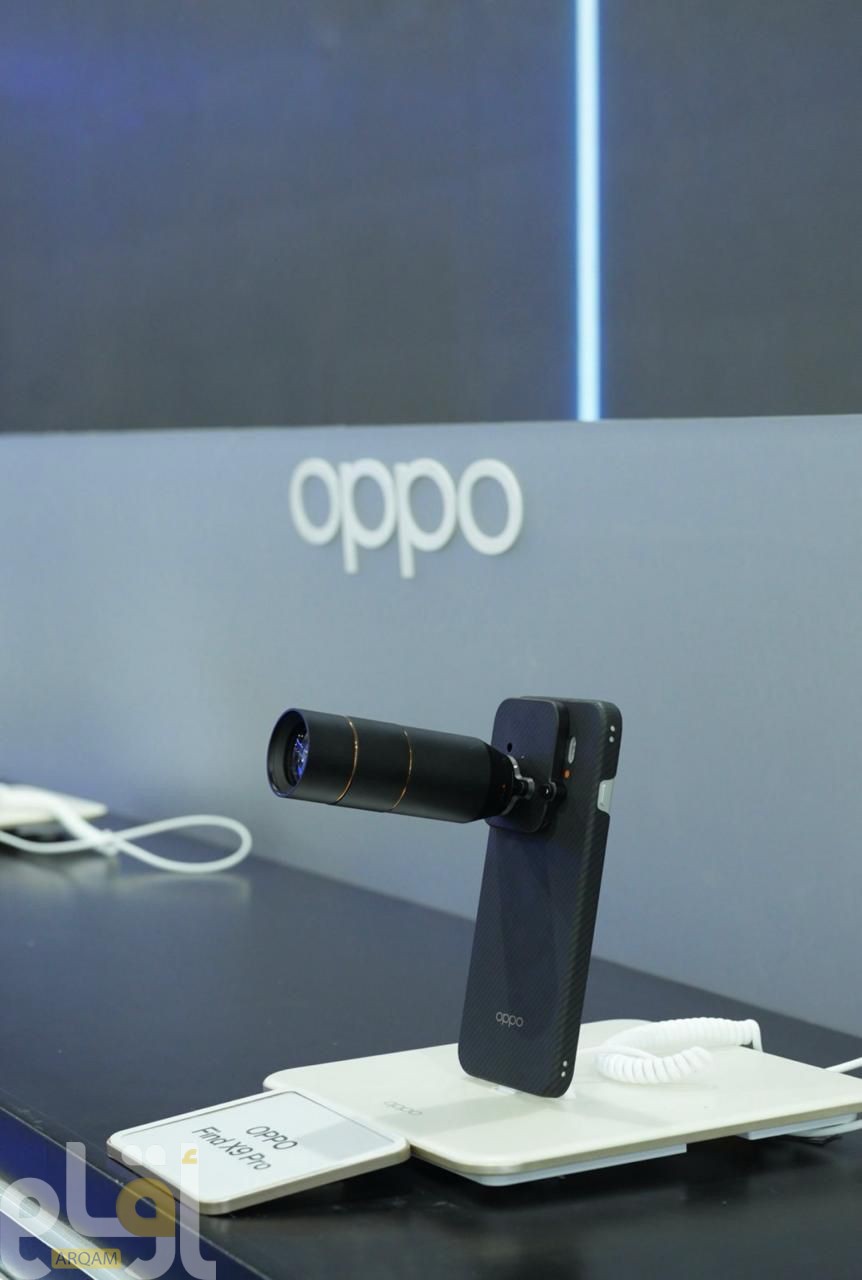As part of its strategy to strengthen its presence in both local and international markets, Al-Fagr Medical Company participated in the fifth edition of the “EGY Health” International Exhibition, specialized in medical industries, which ran from September 18th to 20th. The company’s goal was to connect with clients, build new partnerships, and showcase its competitive products for local and international markets.
At its distinguished pavilion, the company received numerous delegations, experts, and specialists from Egypt, China, Saudi Arabia, and Oman to introduce them to its approximately eight high-quality, technologically advanced products.
During the exhibition, Engineer Walid Ragab, Founder and CEO of Al-Fagr Medical for Medical Industries, announced in press statements that Al-Fagr Medical had signed an agreement with German company ZATUS to locally produce “Operating Service Unit” devices within its factories in Egypt using German technology.
Ragab added that the agreement enables the manufacturing of the device in Egypt with quality matching imported units and at a competitive price, relying on local components while importing some specialized parts from Germany.
He explained that the cooperation with ZATUS provides Al-Fagr Medical products with international quality certifications and tests, enhancing their competitiveness in foreign markets.
Ragab indicated that through this agreement with the German company, Al-Fagr Medical aims to produce approximately 1000 devices annually for the local market, as a prelude to subsequent expansion into exports for foreign markets, including Saudi Arabia, Iraq, Bahrain, and Libya, ultimately aiming to reach global markets.
Ragab affirmed that this step is part of the company’s plan to contribute to localizing the manufacturing of advanced medical devices in Egypt. He emphasized that national industry needs a package of supportive measures to be able to compete and grow.
Ragab, who is also a member of the Engineering Industries Chamber at the Federation of Industries, revealed six elements he considers essential for supporting and developing local industry. Foremost among these is reducing bureaucracy in the processes of granting industrial licenses and permits, thereby minimizing the administrative obstacles facing investors.
He also stressed the necessity of supporting local products and granting them priority and adoption within the Egyptian market, instead of obliging companies to obtain certifications from foreign entities at exorbitant costs reaching millions of Egyptian pounds, which increases the final product cost.
Furthermore, he pointed out the importance of providing land for industrial investment under facilitated conditions and at appropriate costs, which helps establish new factories and expand existing ones. This should be coupled with developing and upskilling technical labor and supporting industrial innovation and creativity to keep pace with the continuous developments in the needs of various markets.
Ragab also addressed the necessity of providing favorable interest financing for the industrial sector, similar to previous initiatives like the 5% initiative, enabling manufacturers to expand production and hire more workforce, rather than bearing the current high interest rates, especially since the industry sector should not be treated like other sectors.
He confirmed that implementing these measures would pave the way for a real breakthrough in the industrial sector, enhance the competitiveness of Egyptian products in local and global markets, and simultaneously reduce the import bill and save foreign currency for the state.
















